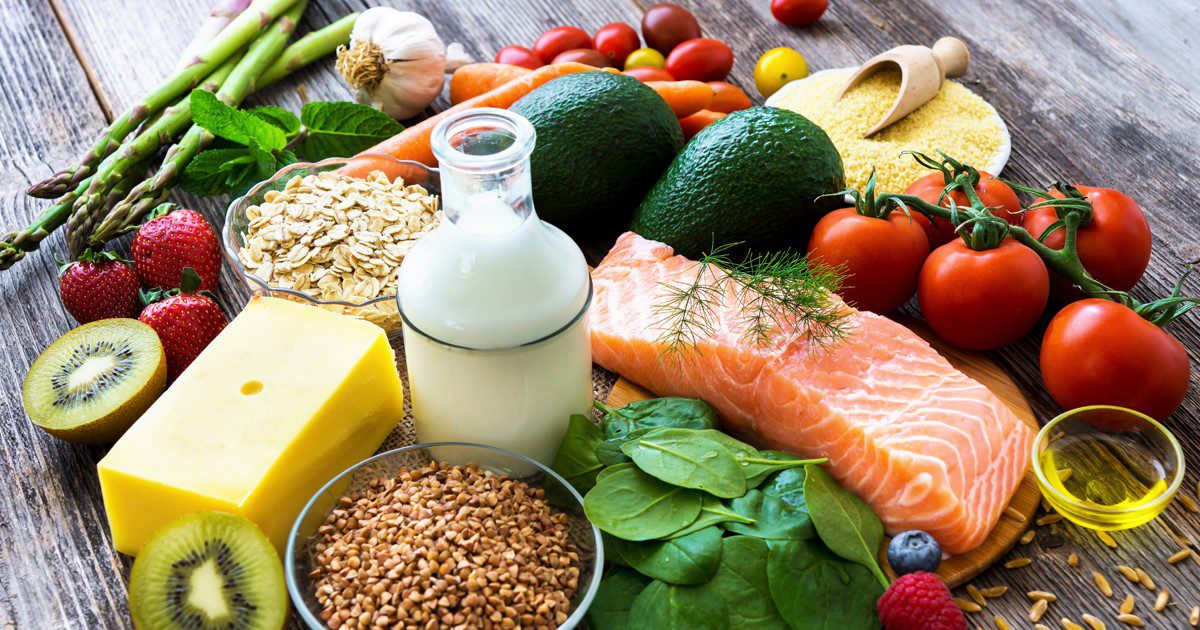As you grow older, you go through many changes and you may need to adjust your lifestyle for healthy aging. Healthy eating and regular physical activity can be keys to good health at any age. Making suitable lifestyle choices may also prevent some health problems, such as diabetes, heart disease, and some cancers.
As you get older, your body begins to need fewer calories, but you need just as many nutrients. So, you will want to focus on eating nutrient-dense foods. Nutrient-dense foods pack a lot of vitamins, minerals, and other nutrients your body needs into a smaller number of calories. Older adults should “consume foods from the rainbow” because they are rich in nutrients, including:
- Fruits and vegetables
- Whole grains, like oatmeal, whole-grain bread, and brown rice
- Fat-free or low-fat milk; milk products; or non-dairy soy, almond, rice, or other drinks with added vitamin D and calcium
- Seafood, lean meats, poultry, and eggs
- Beans, peas, unsalted nuts, and seeds, if you tolerate them and aren’t allergic
Added sugars, solid fats, and salt- such as those in packaged foods- pack a lot of calories but don’t provide a healthy amount of nutrients. Limit foods and drinks such as:
- Sugar-sweetened drinks and foods
- Foods made with solid fats- butter, lard, margarine, and shortening
- Foods high in added fat (such as butter or lard) and salt (sodium)


